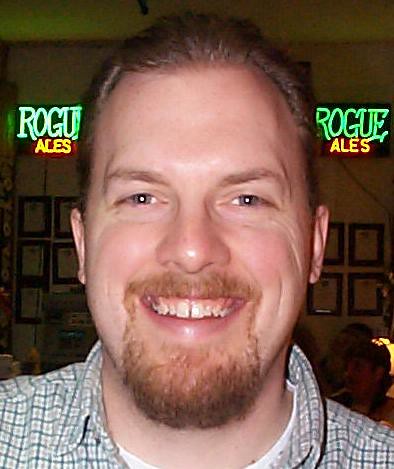Random Ambition
So, I had this idea. In our office, just to the left of where I sit, stands a seven-foot-tall bookcase. It's filled, actually overfilled, with books. My idea is to take one book off the shelf as randomly and as blindly as possible, open it to a random page, point to a random place on that page, and read the nearest complete sentence, paragraph, or section. The way I see it, this could be anywhere from truly enlightening to completely pointless and stupid. It's a risk I'm willing to take. If it's interesting, I might do this once a week or so. If not, well, I promise I won't torture any of the three of you. So, here goes:
"Universities, too, are being redefined by corporations. I recently visited Omaha, where the corporate community made it possible for the Omaha branch of the University of Nebraska to build an engineering school -- even after the Board of Regents vetoed the project. Local corporations, particularly First Data Resources, wanted the school, so they worked with the Omaha branch of the university to finance what became less a school than a large information-science and engineering complex. 'This is the future,' said the chancellor of the Omaha campus, Del Weber. 'Universities will have to become entrepreneurs, working with corporations on curriculum [emphasis mine] and other matters, or they will die.' The California state university system, in particular the San Diego campus, is perhaps the best example of corporate-academic synergy, in which a school rises in prestige because its curriculum has practical applications for nearby technology firms."
From: Robert D. Kaplan, The Coming Anarchy: Shattering the Dreams of the Post Cold War. Random House. 2000.

